Some Results from the Teaching Philosophy Online Survey
Recently, Thomas Nadelhoffer (Charleston) conducted a survey of those who had taught philosophy courses online over the past year. What did he learn?
There were around 360 respondents (the exact number varies from question to question). Here are some of the results.
About two-thirds of the respondents had never taught an online course before:

Question: Before the pandemic, had you ever taught a course that was either partly or fully online?
The most common format of online course adopted by the respondents was a fully online synchronous course:
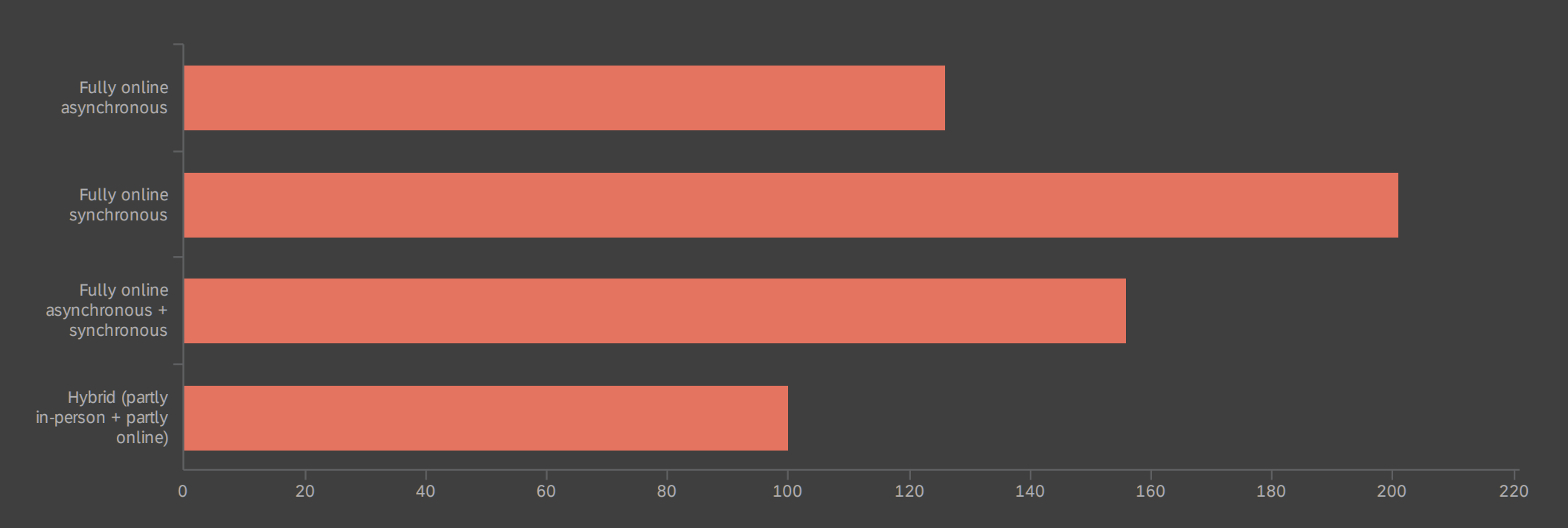
Question: Which of the following formats for online teaching did you adopt? You can select more than one answer.
A majority of respondents found that teaching online required more time and energy compared to teaching in person:
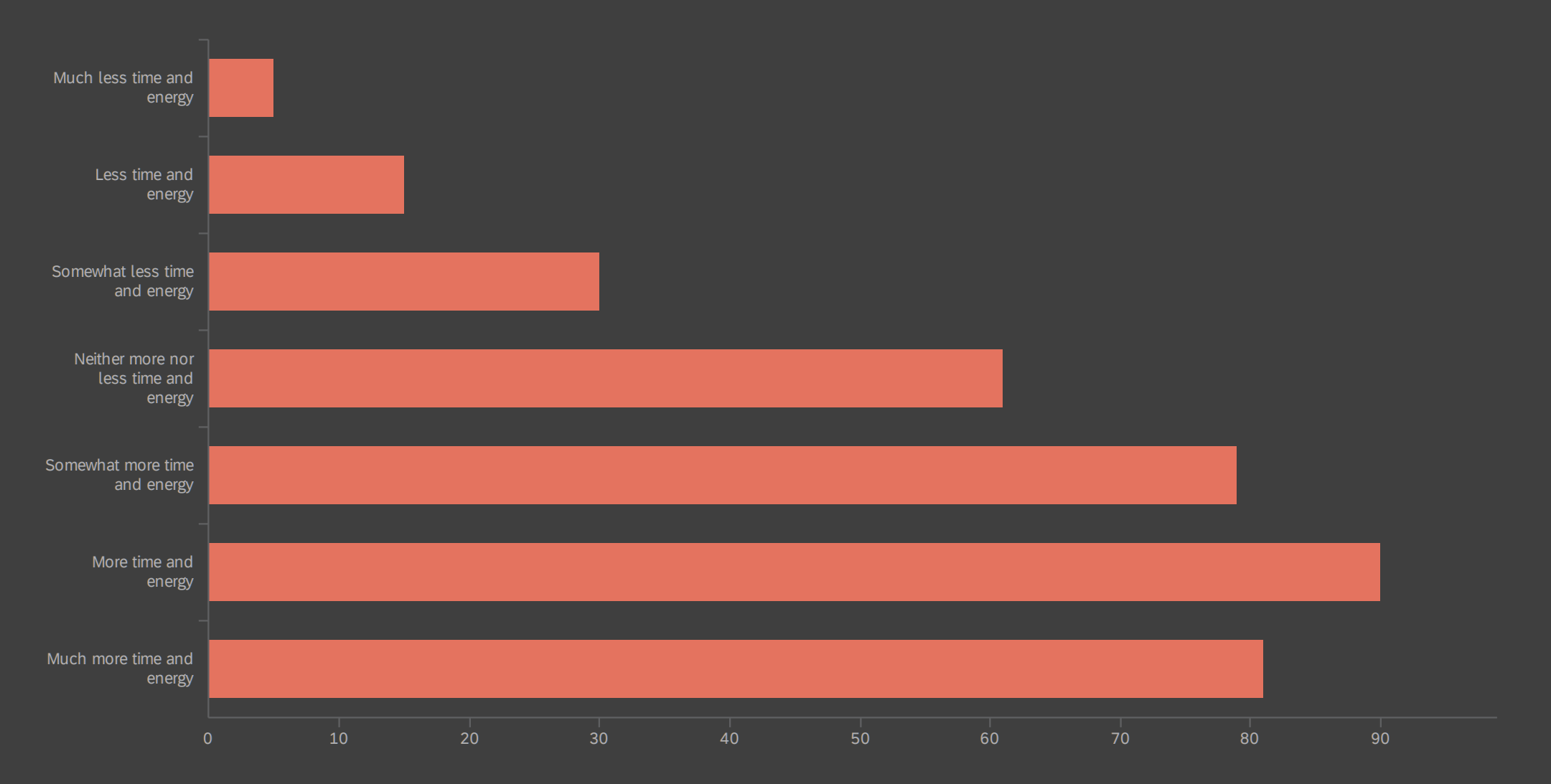
Question: How much time and energy did teaching online require during the semester/quarter relative to your normal in-person courses?
Most of the respondents had low expectations for how well teaching online would go:
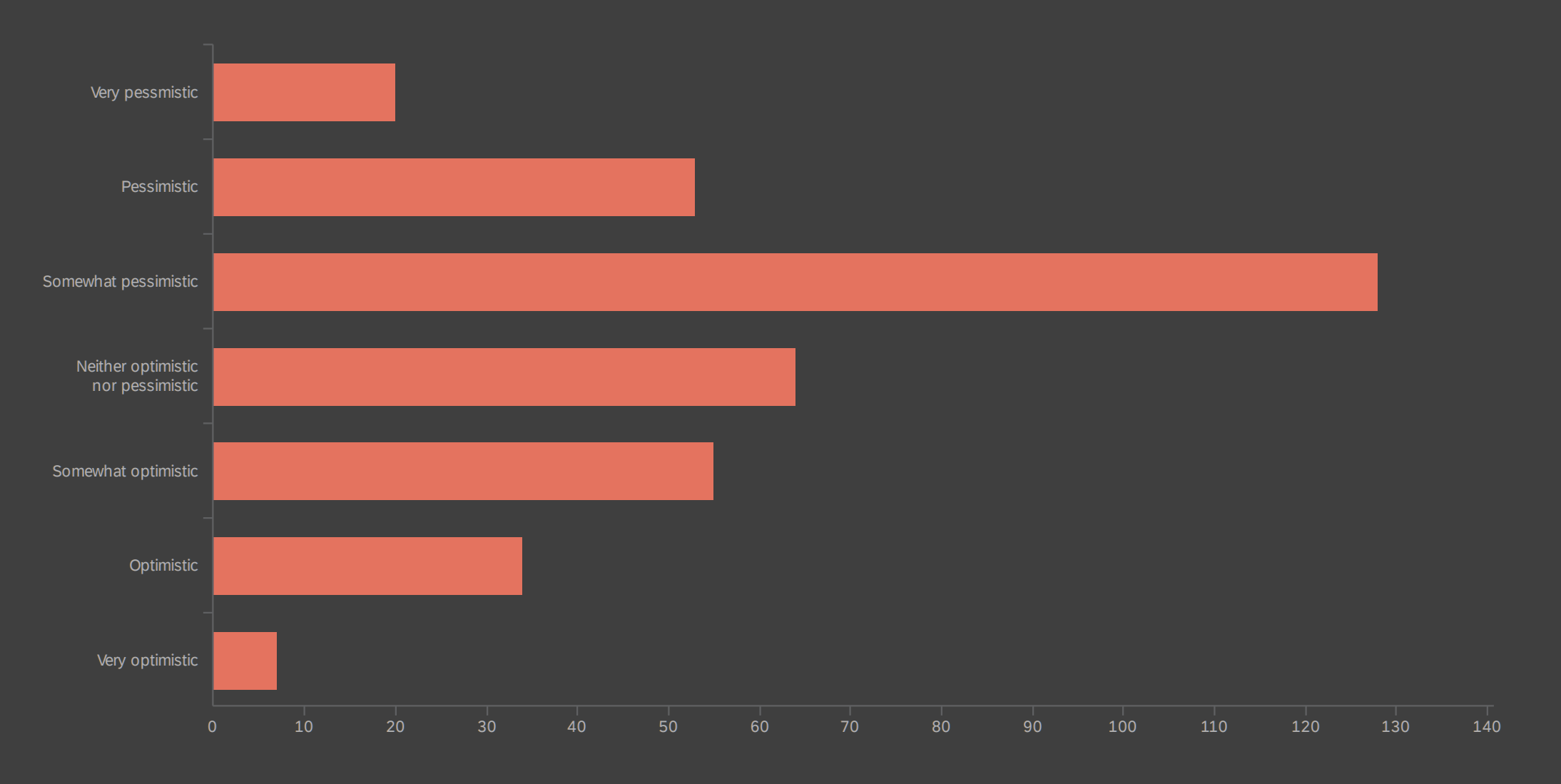
Question: What’s the best way to describe your expectations before you started teaching online?
Afterwards, how favorably instructors viewed teaching philosophy online varied:
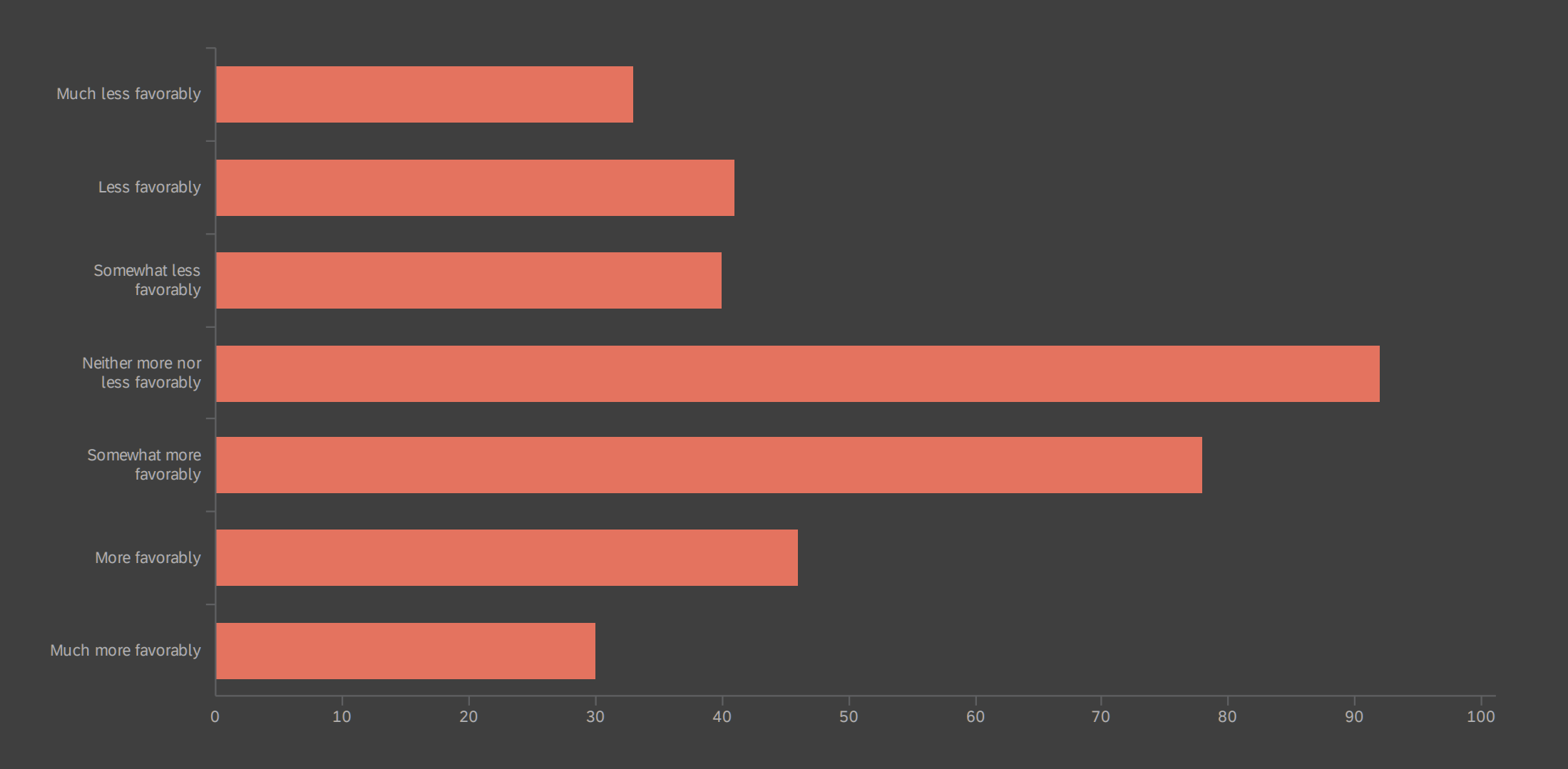
Question: Now that you have taught online, do you view teaching philosophy online more or less favorably than before?
Instructors were also asked to judge their confidence in their ability to effectively teach philosophy online:
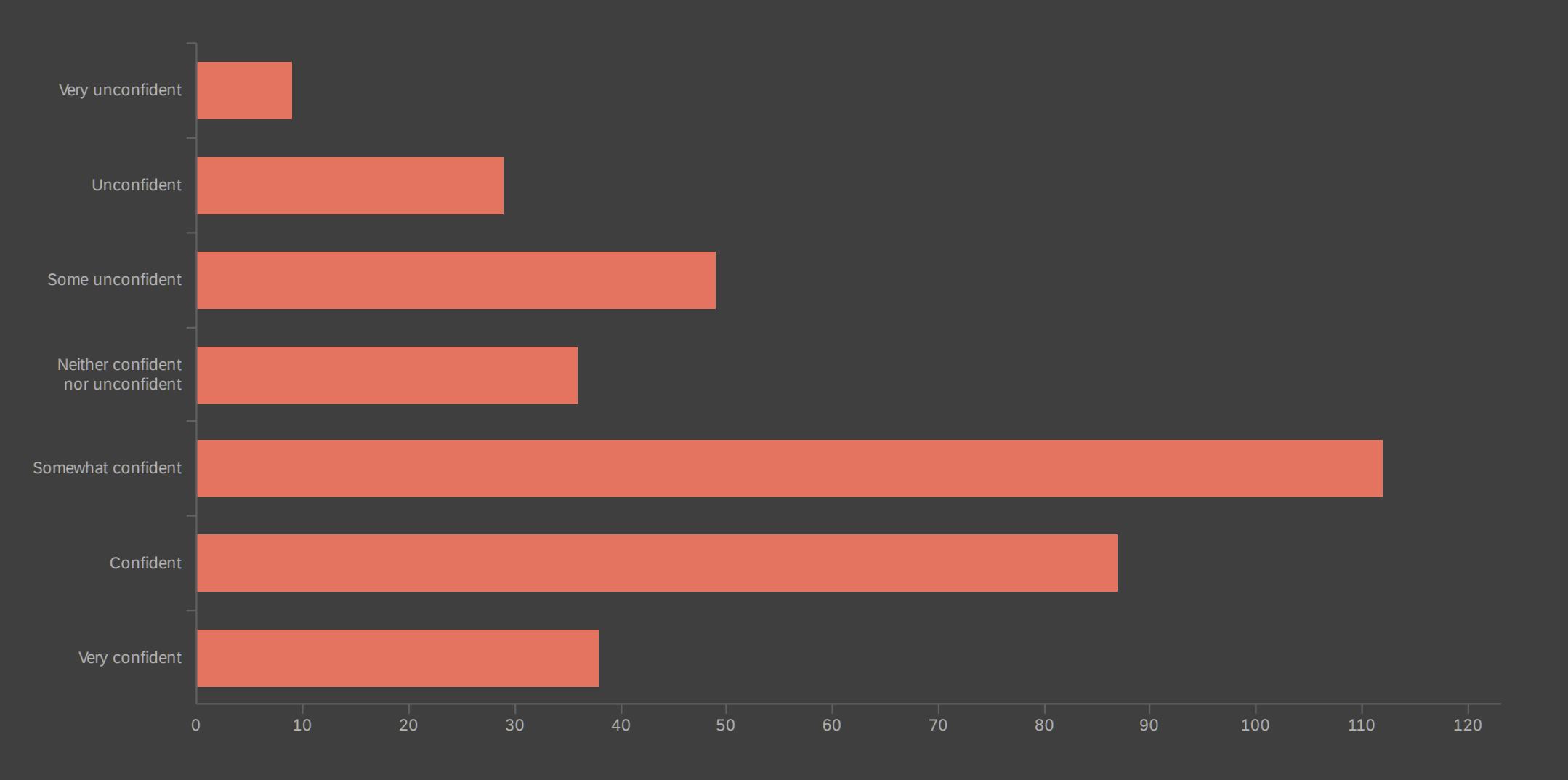
Question: Based on your experiences, how confident are you in your ability to teach philosophy online in a way that is engaging and effective?
The survey asked, “What do you think are the biggest challenges when it comes to teaching philosophy online?” This was an open-ended question, but it appears that the most common answers concerned keeping students attention and engagement during class meetings, and fostering active and thoughtful class discussions.
It also asked, “If you were to give advice to someone who was about to teach their first online philosophy class, what would it be?” Here are some of the responses (some of which have been lightly edited):
- Default policy for synchronous online classes: students’ cameras should be on.
- Make use of visuals occasionally, but don’t have them staring at slides the whole time. Your face is much more engaging than your slides.
- Use breakout-sessions and activities to get students in contact with each other and to discuss the material.
- Be even more organized and clear in explaining what students need to do than you think is necessary.
- Familiarize yourself with all the relevant technology and resources.
- If your course is small enough, set up individual appointments with all students and get to know them.
- Design group projects in which students must get to know some of their peers outside the classroom.
- For a synchronous class, it might be better not to post recordings of your classes. I posted every class recording my first semester online, and I regretted it for two reasons. For one, it was time consuming to process and post the recording for each meeting, and the time spent posting recordings slowed down my grading noticeably. Second, if the students know that they can easily watch class later they are more likely to skip class with the plan to catch up later, but then they often don’t get around to it.
- Scaffold the class as much as possible, getting materials and assignments up before the semester begins. Effective teaching requires a lot more outreach outside of class time, which cuts into planning time.
- Make a point of calling on students who attend class with their video off. The students who join by audio only are more likely to become disengaged. I have a natural tendency to call on students that I can see. I began posing some questions specifically for those who had their video off, either opening a question for that group of students, or calling on specific video-off students by name. It upped participation from this group. Also, sometimes when I say, “This next question is for those of you with your video off,” there would quickly follow a pop-pop-pop of a handful of videos turning on!
You can view all of the results here. Further comments, suggestions, and discussion welcome.



An outstanding effort, thank you for sharing some of the survey results they have enriched my future planning.
Regards.